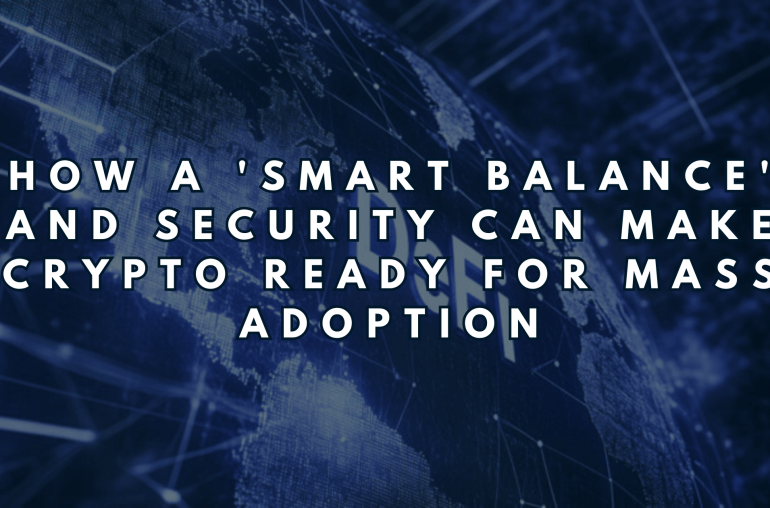Key Takeaways:
- Always use a unique, strong password for every crypto account. Be sure to turn on Two-Factor Authentication (2FA) with an authenticator app for the best security.
- Know the difference between hot wallets (for daily use) and cold wallets (for top-tier security). A hardware (cold) wallet is best for storing crypto long-term.
- Your seed phrase is the master key to your funds. Write it down, store it safely offline, and never share it with anyone or save it on any device.
- Be careful of deals that seem too good to be true. Learn to spot the signs of common crypto scams like phishing to keep your assets safe.
- For Sharia-compliant investing, it’s vital to research each project. You need to avoid Riba (interest), Gharar (uncertainty), and Haram (forbidden) activities.
It’s no secret that stories about crypto scams can be scary, making even the most curious person hesitate. This is a big reason people worry about how to protect crypto assets.
If you’re looking for a crypto security for beginners guide, you’re in the right place.
We’ll walk through the practical steps together, so you can focus less on fear and more on the future.
Fortifying Your Digital Identity: Essential First Steps
Your online identity is a valuable asset. In crypto, it’s the gateway to your money.
Scammers often target crypto accounts and wallets. This makes protecting your login info your first line of defense.
Creating Ironclad Passwords: Your First Shield
A strong password can be the difference between a safe account and a compromised one. Every crypto-related account needs its own unique password.
A good password should be long and random. Mix uppercase letters, lowercase letters, numbers, and special symbols.
Experts suggest using at least 14 characters. Password managers are great tools that create and store these complex passwords for you.
Two-Factor Authentication (2FA): Your Extra Layer of Armor
Two-Factor Authentication (2FA) adds a vital second layer of security. With 2FA, you need to provide two types of proof to log in.
Even if a scammer steals your password, they can’t get into your account without the second proof.
Authenticator apps like Google Authenticator or Authy are the most secure and convenient choice for most people. You should enable 2FA on all your crypto exchange accounts and on the email address linked to them.
Understanding Crypto Wallet Security
A crypto wallet doesn’t hold your coins like a real wallet holds cash. Instead, it stores secret codes called private keys.
These keys prove you own your coins and let you access them. It’s vital to protect these keys.
Hot Wallets vs. Cold Wallets: Making the Right Choice
Crypto wallets are either hot wallets (online) or cold wallets (offline).
- Hot Wallets: These are software wallets on your phone or computer that are connected to the internet. They are handy for frequent trading but are more at risk from online hackers.
- Cold Wallets: These are offline devices, like a Ledger or Trezor. They keep your private keys completely disconnected from the internet. They offer much better security for long-term storage but are not as quick to use for transactions.
A smart plan for beginners is to use a hot wallet for small amounts you trade often. Keep your long-term savings in a secure cold hardware wallet.
The Keys to Your Kingdom: Private Keys and Seed Phrases
A seed phrase (or recovery phrase) is a list of 12 to 24 simple words. It acts as a master backup for your entire wallet.
If you lose your phone or computer, you can use this phrase to get your crypto back.
The security of this phrase is everything. Write it down on paper. Store that paper in a very safe place, like a fireproof home safe.
NEVER save your seed phrase digitally. That means no computer files, no photos, and no cloud storage. A real company will never ask you for your seed phrase.
Navigating Crypto Exchanges and Transactions Safely
Crypto exchanges are websites where you can buy, sell, and trade digital money. Choosing a good exchange is your first step.
Look for platforms with a strong reputation for security. They should offer 2FA and keep most user funds in cold storage. A user-friendly design is also a plus.
When using an exchange, use safe habits. A VPN adds extra security. Avoid using public Wi-Fi for trades.
Always go to the official website by typing the address yourself or using a trusted bookmark to avoid fake sites.
How to Spot Common Crypto Scams
Knowing how scams work is the best way to avoid them.
- Phishing Scams: Scammers pretend to be real companies to trick you. They want your passwords or seed phrase. Be careful with emails from strangers, check sender details, and never click on suspicious links.
- Fake ICOs & Unrealistic Promises: Fraudsters create fake projects and promise huge returns. If a deal sounds too good to be true, it probably is.
- Rug Pulls: Developers get people to invest, then they disappear with the money. An anonymous team is a big red flag.
- Pump and Dump Schemes: A group hypes up a coin to raise its price. Then they sell all their holdings, which crashes the price. Don’t buy into hype you see on social media.
Aligning Values: A Look at Sharia-Compliant Crypto
For Muslim investors, it’s very important that their financial activities follow Sharia principles. This means avoiding Riba (interest), Gharar (high uncertainty), and Maisir (gambling).
Scholars have different views on crypto. Some worry about the high risk, which can be like Gharar.
Others believe certain cryptos can be a valid form of exchange. This is true if they have a real use and are not tied to forbidden (Haram) activities.
To find Sharia-compliant crypto, you should research a project’s business to make sure it’s not involved in anything Haram. Stick to spot trading, where you exchange assets right away.
Use screening tools or Sharia-focused platforms. Always do your own research and talk to a trusted scholar.
Conclusion
The crypto world is always changing, making ongoing cryptocurrency security an essential practice. It requires you to stay alert and keep learning.
It is also important to use smart investment rules. You should diversify your portfolio.
Most importantly, only invest money you are truly prepared to lose. By following this guide, you can navigate the crypto space more safely and with greater peace of mind.
What’s the first security step you plan to take on your crypto journey? Share your thoughts in the comments below!




